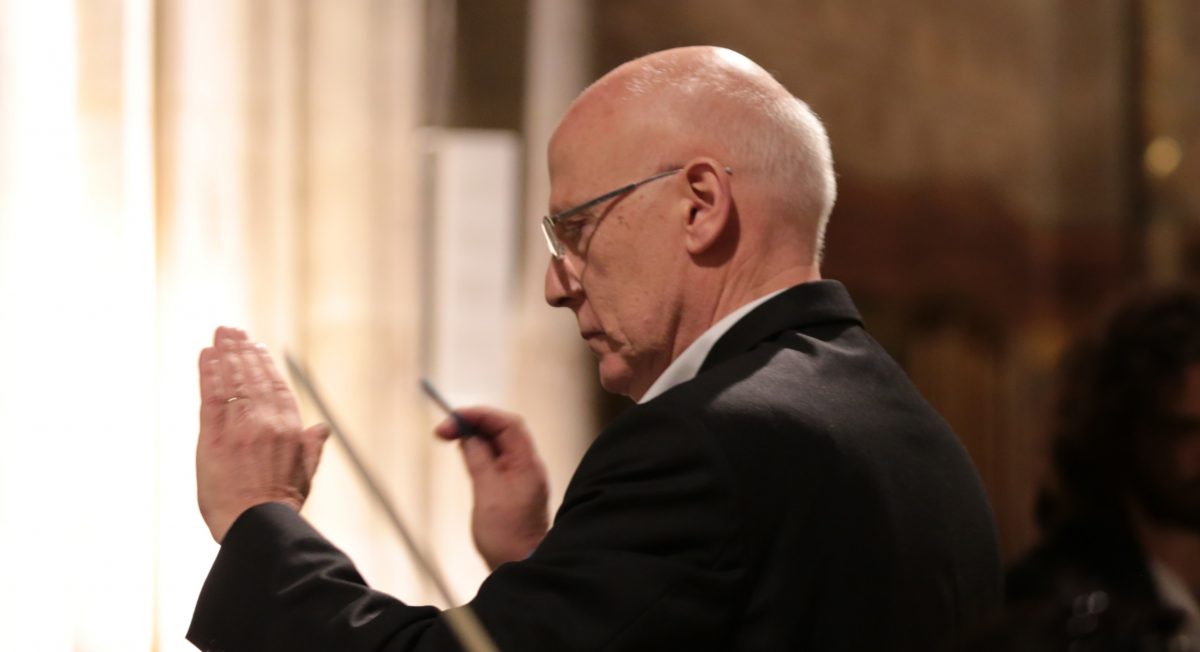The question of tempo that has occupied my study of music for the last 40 years is in my view far more important than any other parameter of the musical discourse, because, to employ a analogy, it is the speed at which the composer tells his story (the music is a story in sound).
And although this has been at the centre of arguments about how to play music since the first recordings came out in the 1970s, it has not occupied the stage as it should.
To take the analogy further, if the question of phrasing, temperament and pitch are comparable to how the music is, tempo is comparable to what it says. You only need to look at the effects of tempo on the drama of an opera to realize that a slow or fast reading of the composer’s instructions will fundamentally alter our perception of the character and the impact of the action.
To cite but one example, “Dalla sua pace” sung at the (normal) “retirement speed” of 4 in a bar will comfort all of us who are convinced that the man is absolutely useless as a lover and deserves to be cuckolded as the “rather bland persona, always following, never leading the distracted Anna” as Basil de Pinto’s very interesting article in LaOpera puts it.
On the other hand, getting him to sing it in 2 in a bar as it’s actually written, transforms the character and makes him appear far more virile and Donna Anna far more wily (and less of a victim) than current practice would have us believe.
Don Ottavio’s “melting” aria sung slowly makes us drool. Sung quickly, it makes us sit up since it portrays the man as a perfect foil to the strong-willed Anna and in no way her lapdog.
Many other examples are to be found elsewhere in Mozart’s masterpiece (including the character of Don Giovanni himself) as also in the repertoire, which if we musicians followed the composer’s instructions instead of repeating ad infinitum the mistakes we all made last year, would bring back the sense of urgency and drama so lacking in modern productions where, for want of meaning in the score as presented to them by us, have for the last 30 years opened the Pandora’s box of stage directors tailoring these masterworks to their often trifling political agenders (agendas).
Why ?
It ain’t the public that’s making this up, unfortunately. It is we musicians who, because we’re a rather conservative lot with an unhealthy respect for “tradition” (i.e. how the more famous of our contemporaries play), quite often play the music differently from what the composer is actually asking us to.
But see my post on “Interpretation” as part of being a musician.
It may not be too late to bring the urgency back into music so as to make it a relevant mirror to our present, but time is running out, because the Western world is forgetting what culture is.
Thank God for the peoples of the Orient who know seem to be the inheritors of our wonderful heritage and the importance of time over pleasure or roots before flowers.
